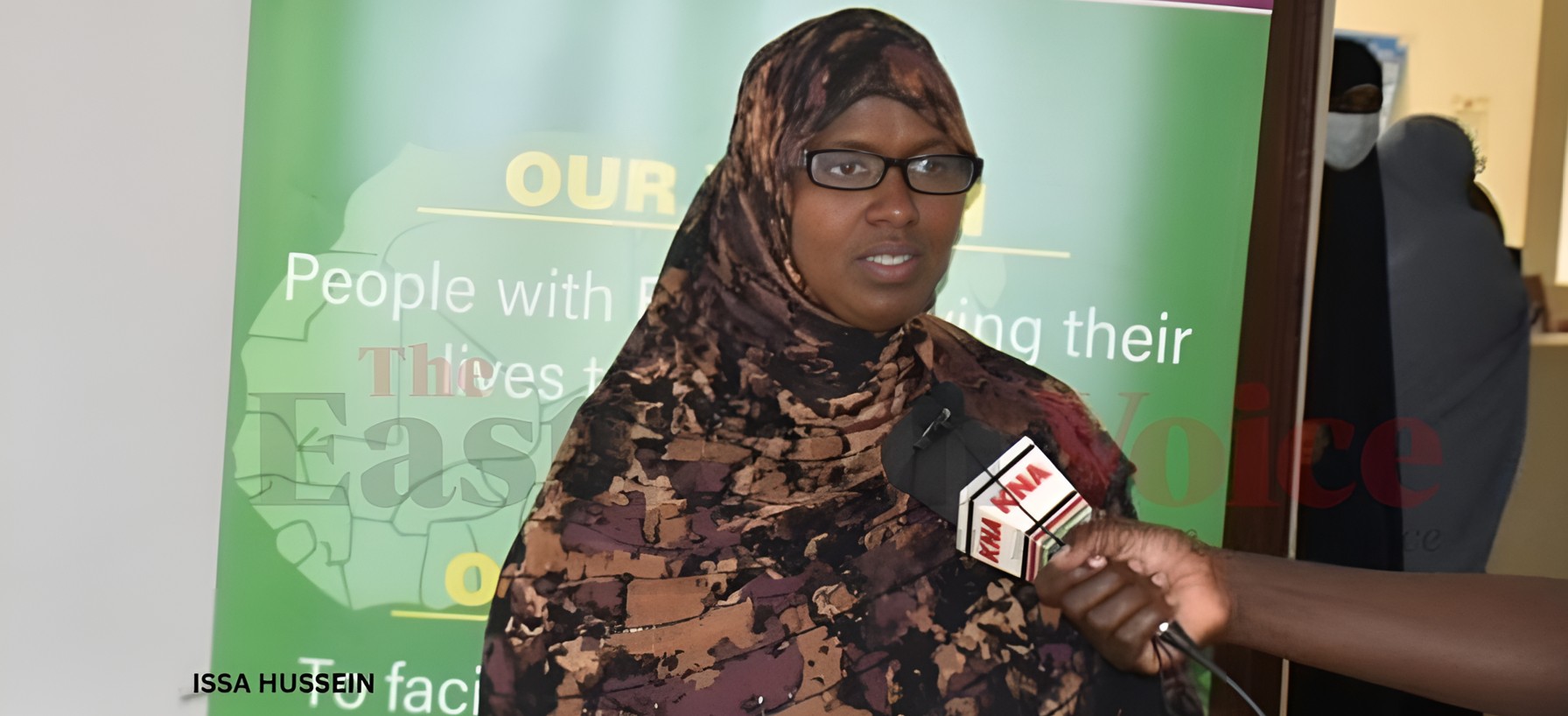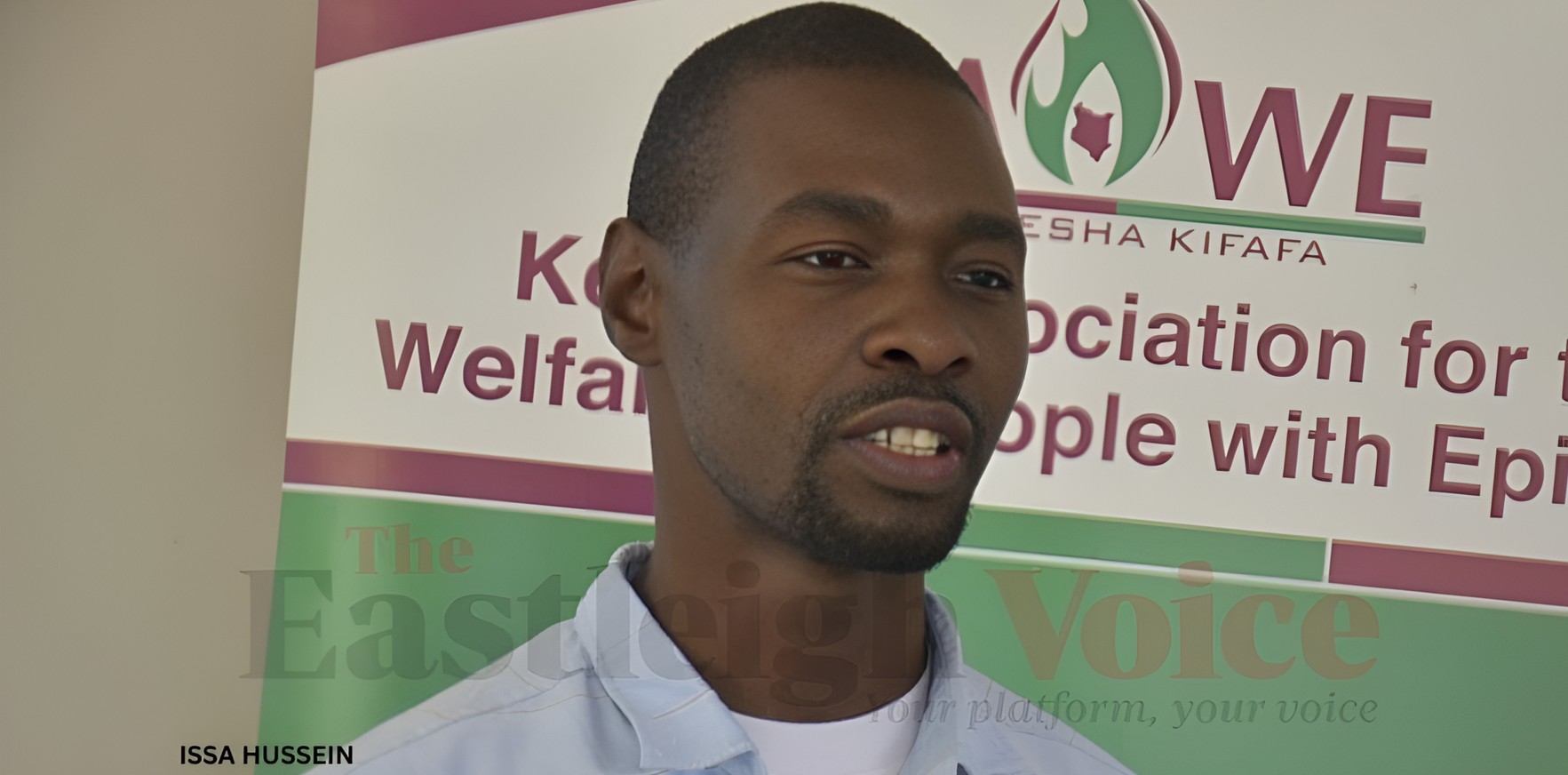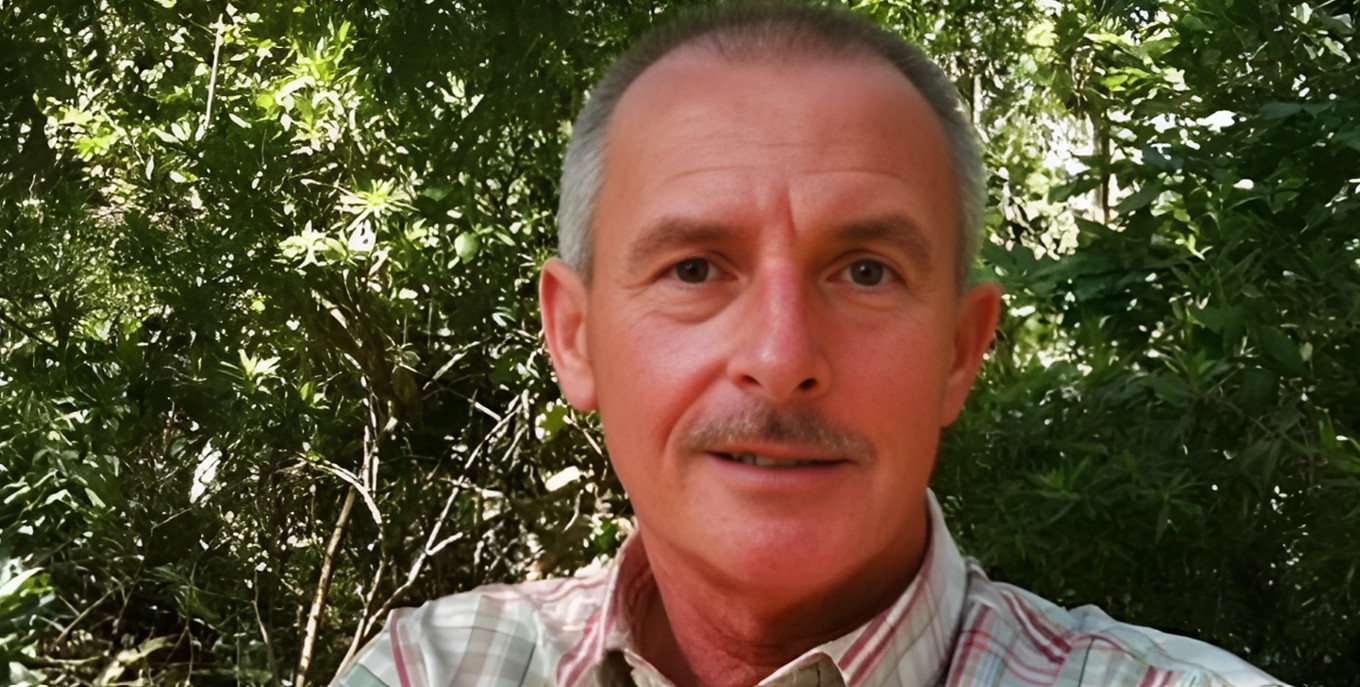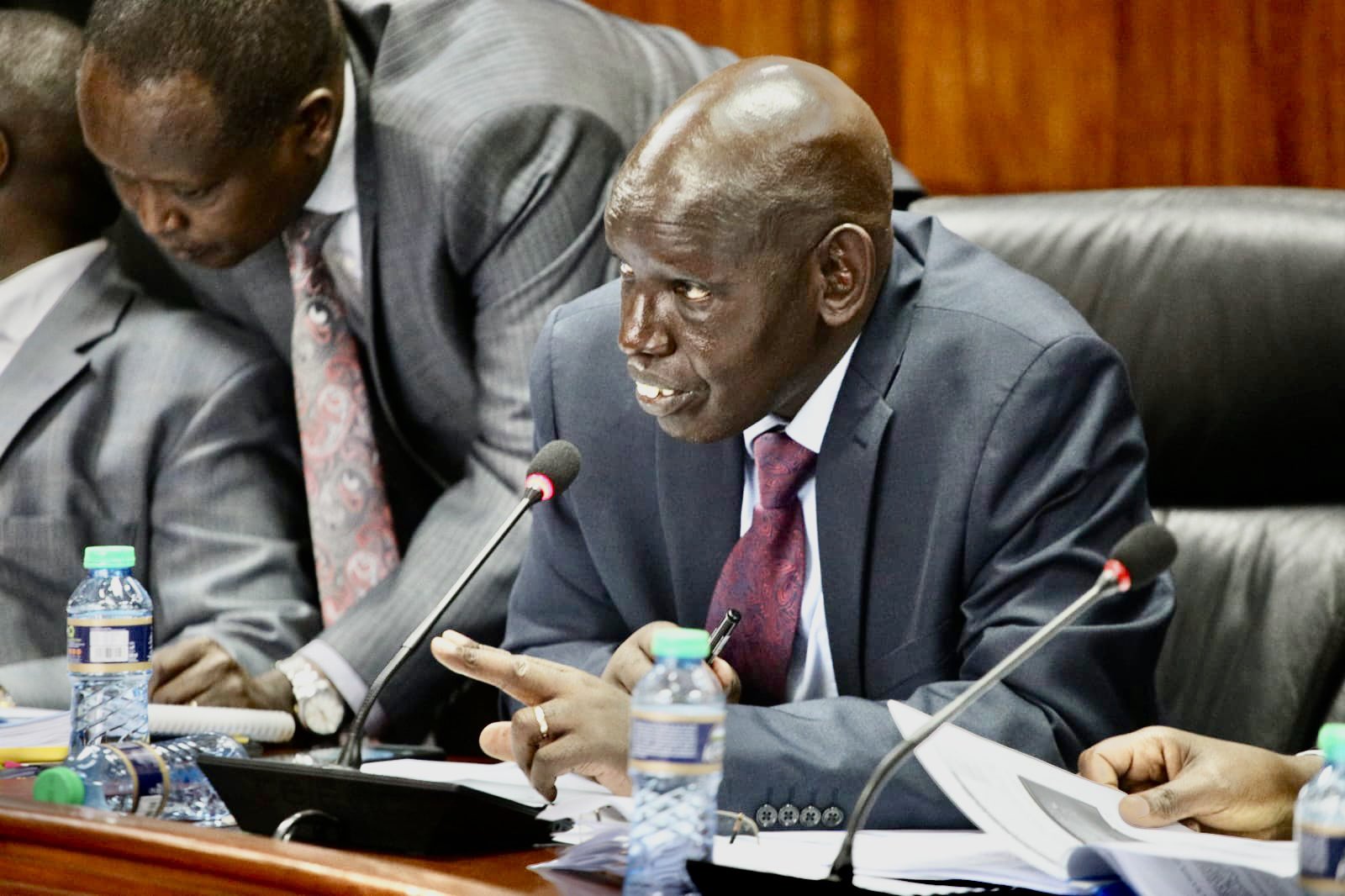Garissa health experts urge end to epilepsy stigma, call for treatment and awareness

Garissa County Coordinator for Non-Communicable Diseases, Nurta Mohamed, urged people living with epilepsy and parents of children with the condition to seek medical care for proper disease management.
Residents of Garissa County have been urged to stop stigmatising people living with epilepsy, a treatable medical condition.
Nicholus Otieno, a clinical officer with the Kenya Association for Welfare of People with Epilepsy (KAWE), said many communities still wrongly believe epilepsy is caused by a curse or witchcraft.
More To Read
- Vegetable intake low in Kenya amid growing health concerns
- UN push to eliminate processed fats sparks concerns over food access in poor nations
- Most packaged foods in Kenya need health warning labels - report
- Kenyan breast cancer patients to pay 67pc less for treatment under new deal with Roche
- Experts urge swift adoption of clear food products labelling to warn of harmful ingredients
- Trapped by seizures: The silent struggle of living with epilepsy
"Let's make it clear by passing proper information on epilepsy and demystifying the myths around this medical condition," Otieno said during a sensitisation forum for primary healthcare providers in Garissa.
He noted that some people with epilepsy seek help from sources that can worsen their condition.
"Some go for prayers to cast out demons. That is why we are here to pass this information that epilepsy is a medical condition and is treatable," he added.
Otieno stressed the need to empower communities with knowledge on how to respond when someone experiences a seizure, including providing first aid.
Brian Tabani, another KAWE clinical officer, emphasised the importance of equipping primary healthcare workers to handle epilepsy cases.
"Once a seizure happens, there is no need for you to run away because it is not something transmissible by touching that patient," Tabani said. "Instead, remove any danger around this person, and then make sure that the person can breathe well by removing any tight clothing and putting them in a comfortable position so that there are no air blockages," he added.
 Nicholas Otieno, a clinical officer with the Kenya Association for Epilepsy (KAWE), speaking in Garissa. (Photo: Issa Hussein)
Nicholas Otieno, a clinical officer with the Kenya Association for Epilepsy (KAWE), speaking in Garissa. (Photo: Issa Hussein)
Seek medical care
Garissa County Coordinator for Non-Communicable Diseases, Nurta Mohamed, urged people living with epilepsy and parents of children with the condition to seek medical care for proper disease management.
"Epilepsy is one of the neglected conditions, though it's a non-communicable disease," she said.
She noted that communities in Africa, including Kenya, share a common challenge where epilepsy is heavily stigmatised and often linked to curses or superstition.
Nurta revealed that Garissa County reported over 2,018 epilepsy cases in 2023. She stressed that the condition is treatable and that almost 75% of the factors that predispose individuals to epilepsy are preventable.
"If a patient is seen by a medical practitioner and is treated well with regular appointments, this condition can be controlled, and some patients may even recover," she said.
Epilepsy is a neurological disorder that causes recurring seizures and may result from brain damage, developmental abnormalities, or inherited genes. Globally, about 50 million people live with epilepsy, with Kenya’s prevalence estimated at one in every 18 people.
Top Stories Today
















































